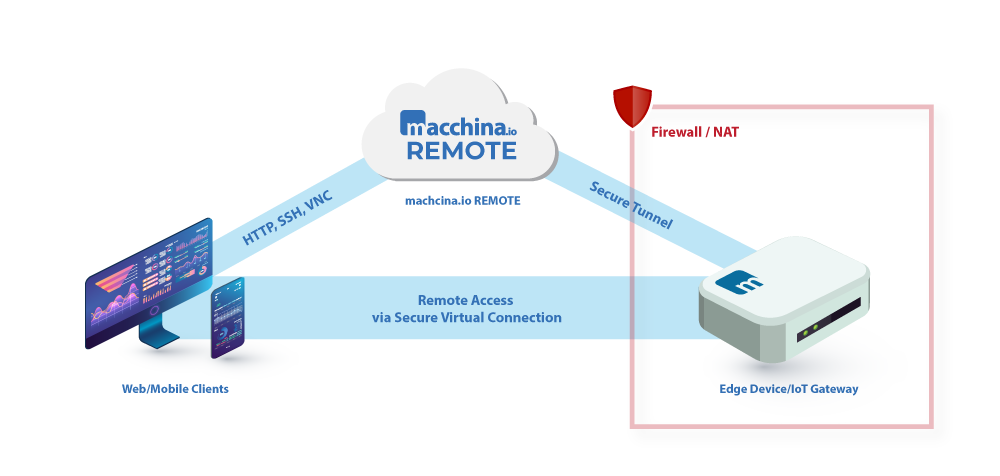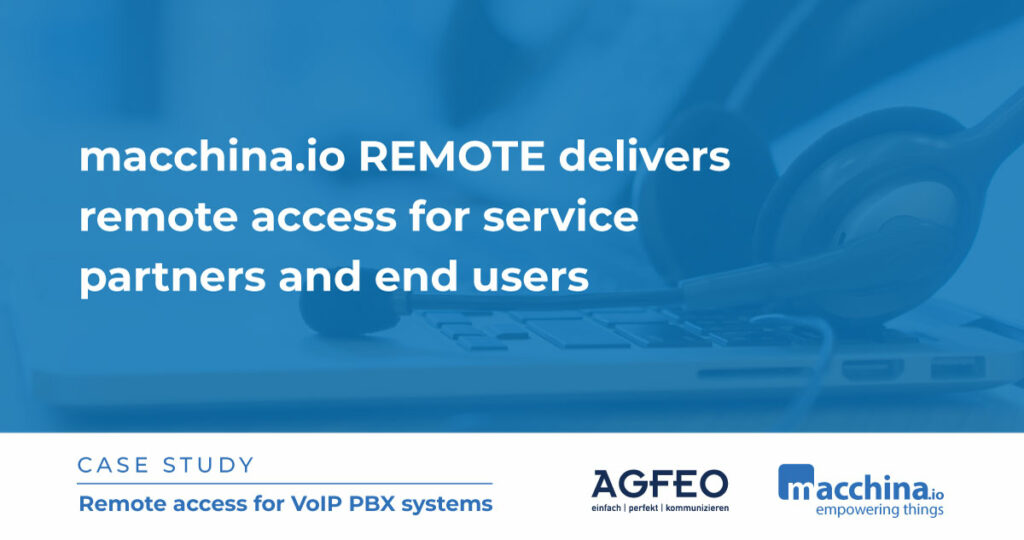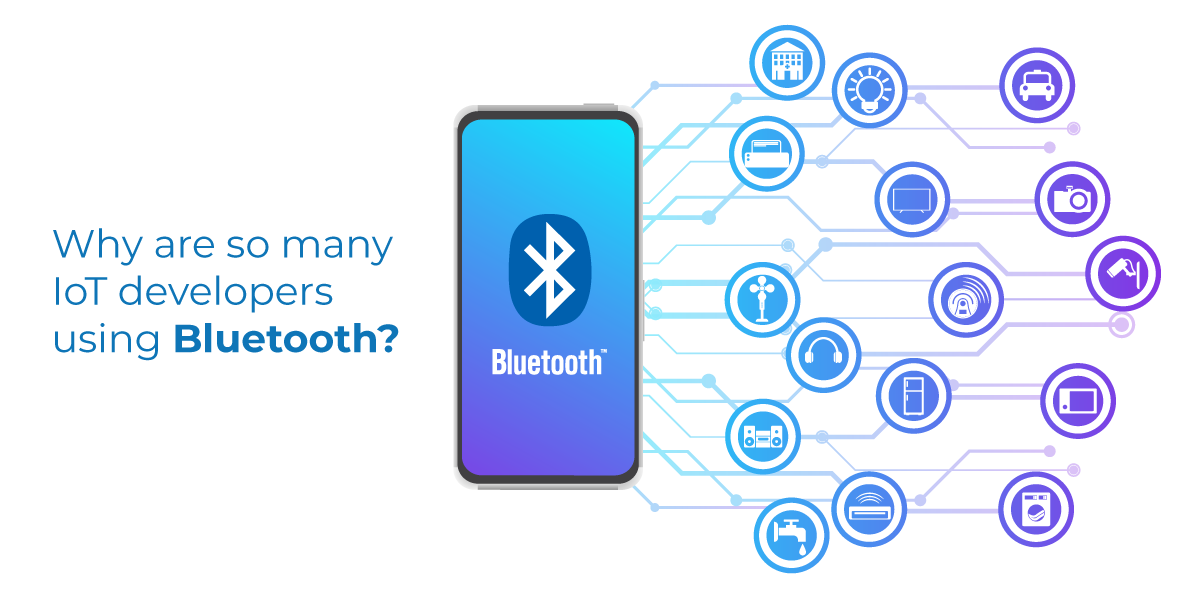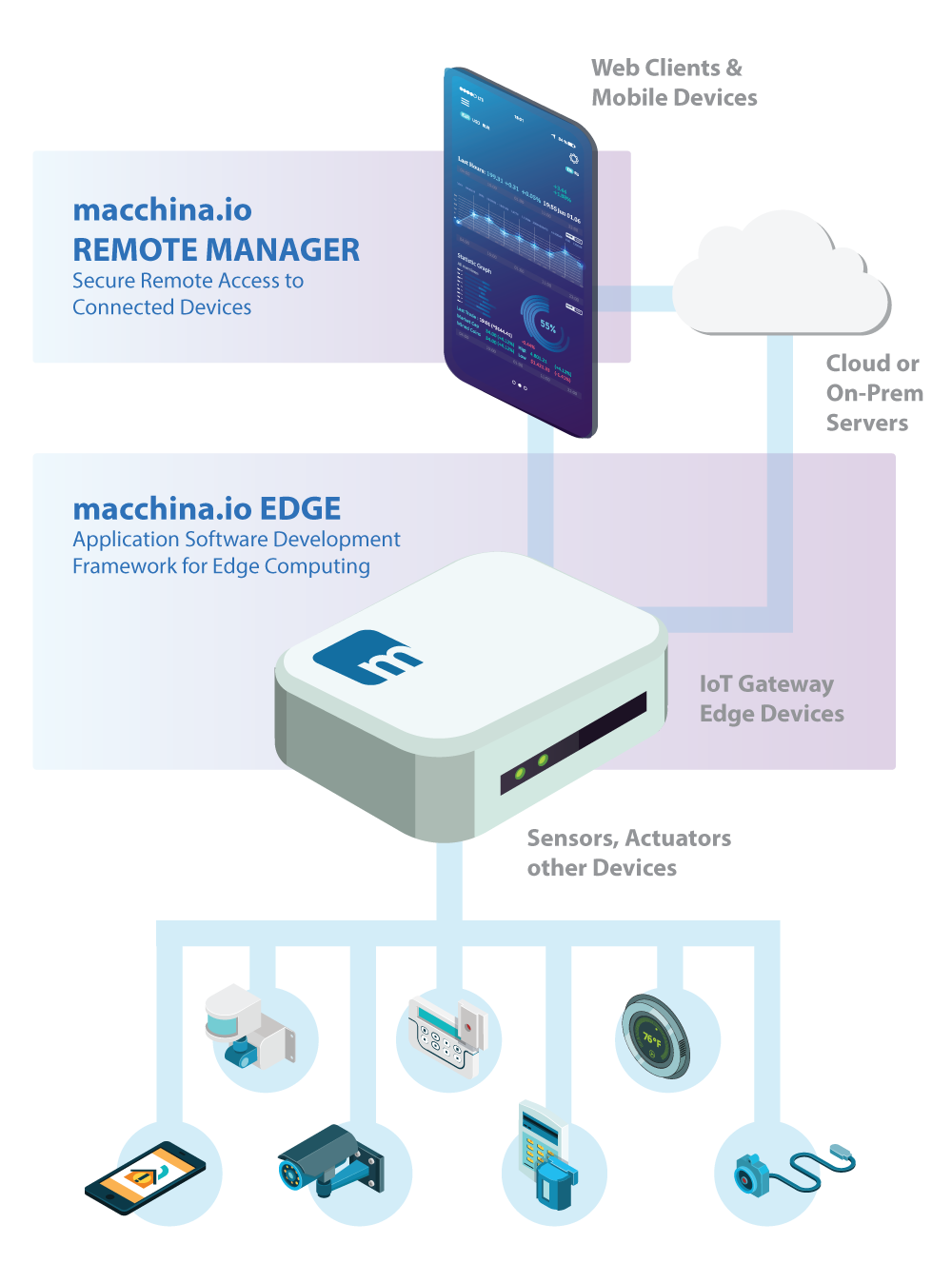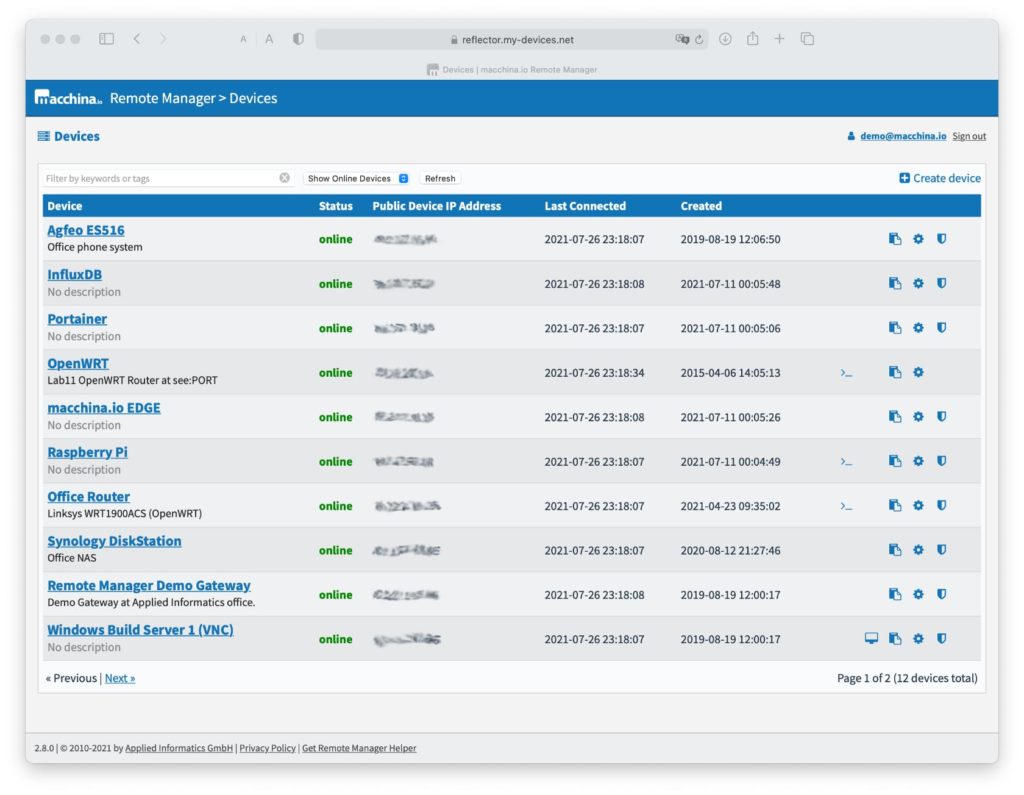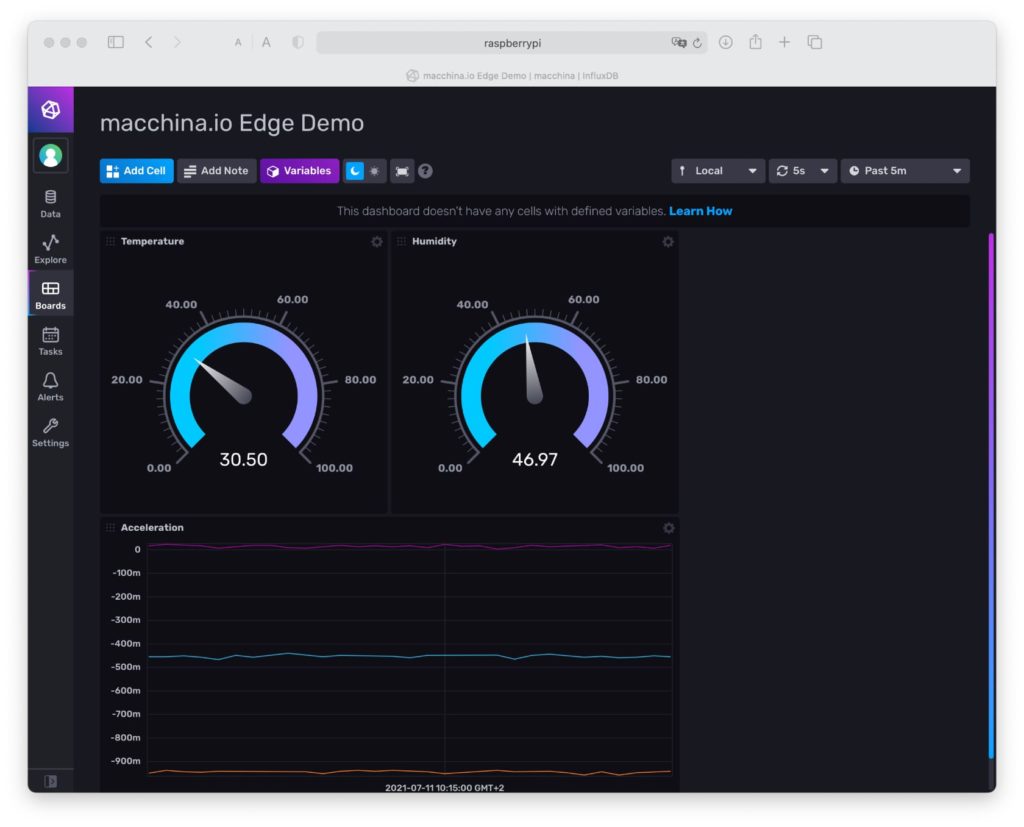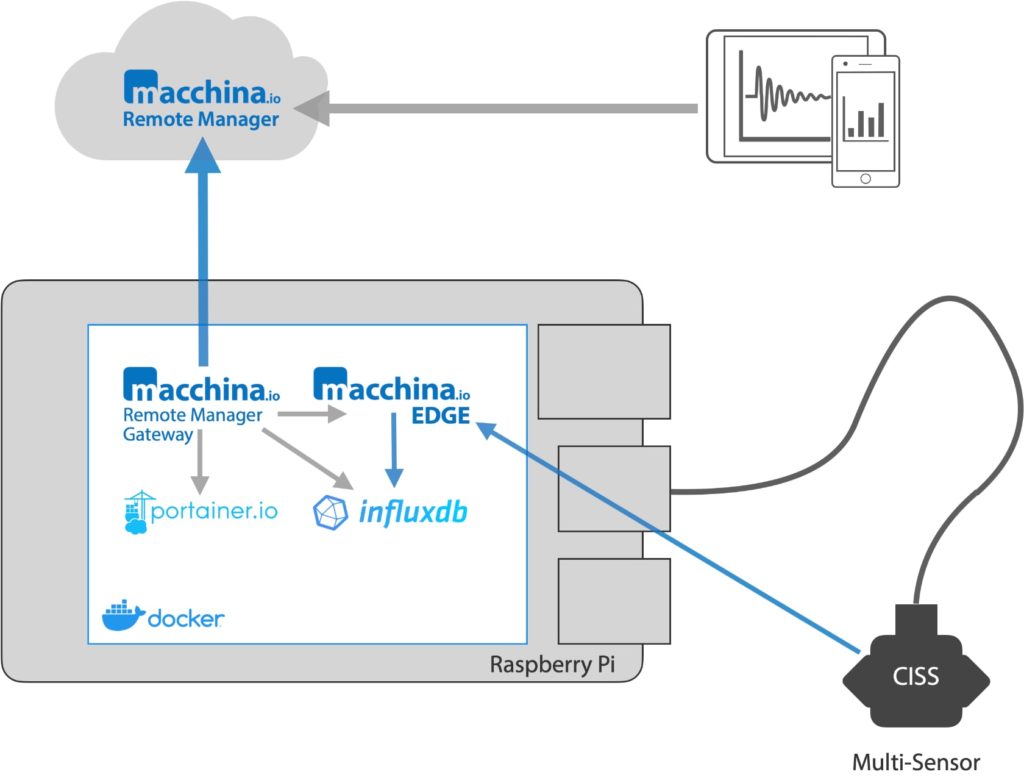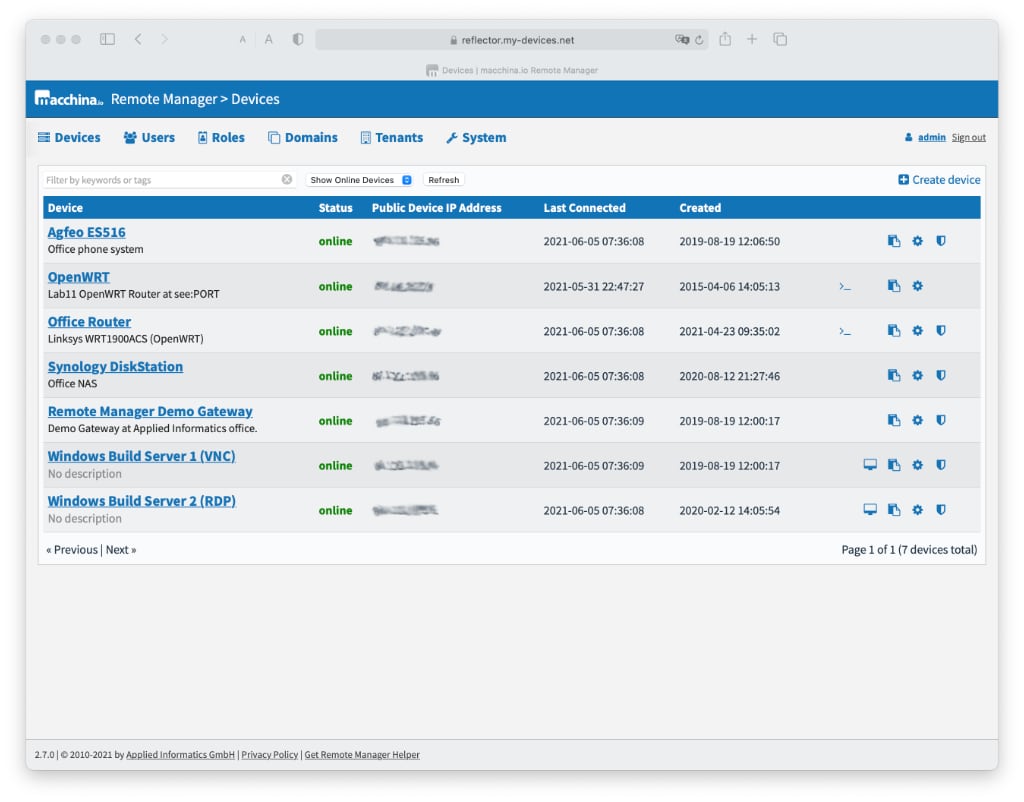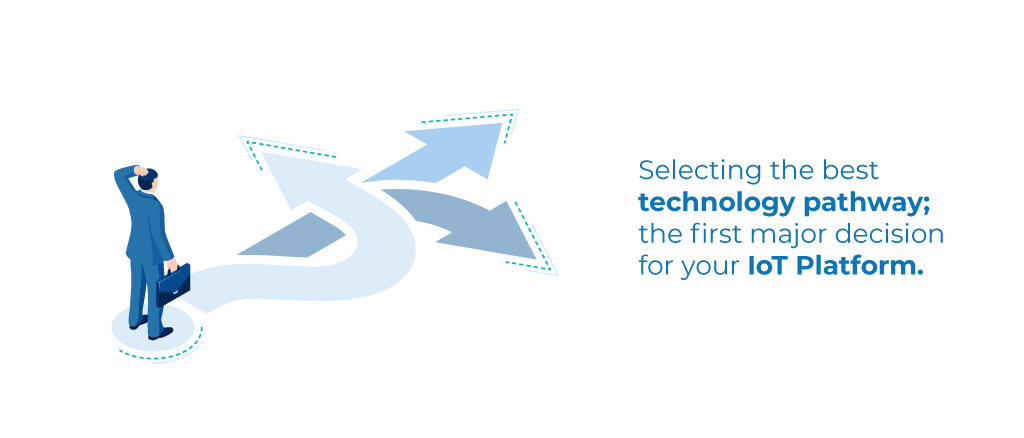Secure remote access to IoT edge devices is one of the fundamental building blocks of the Internet of Things. End users want to access and manage their devices via web or mobile app, service partners need access to devices installed at remote locations, and product sup-port teams need to be able to log-in to devices installed at customer sites.
Telephony and communication systems AGFEO, founded 1947 in Bielefeld, Germany, is a leading European manufacturer of telephony and communication systems for small to medium-sized offices and companies. These systems consist of a central unit, called a Private Branch Exchange (PBX), and the actual phones which are connected to the PBX. Modern PBX systems use a […]
What is Bluetooth and Bluetooth Low Energy? Bluetooth™️ is a wireless technology used to build Personal Area Networks (PAN) or piconets. Since it’s original development by Ericsson in 1989, it has grown in popularity to the point where today it has become a standard feature in many segments of the consumer electronic market. The use […]
macchina.io EDGE provides a web-enabled, secure, highly modular and extensible C++ and JavaScript IoT edge application environment on top of Linux, consisting of middleware, protocols and rich APIs. The latest 2021.1 release upgrades the underlying C++ libraries and frameworks (POCO C++ Libraries, POCOpro OSP and Remoting) to their current versions, adds support for MQTT version 5 […]
macchina.io Remote Manager delivers secure IoT edge device remote access and management via web, apps, shell (SSH) and remote desktop (VNC, RDP). No worries about insecure port forwarding, scarce public IPv4 addresses, or complex and inflexible VPNs. We are happy to announce the latest release of macchina.io Remote Manager, release 2.8.0. This release brings a […]
Welcome back to the second and final part of my article where I describe how I’ve built a simple edge computing application by combining macchina.io EDGE and macchina.io Remote Manager with InfluxDB, a widely used time-series database, with everything running in Docker containers that can be managed via Portainer. In the first part, I described how I’ve […]
Following up my previous blog post about edge computing, in this blog post I will show how to build an edge computing application by combining macchina.io EDGE and macchina.io Remote Manager with a number of other applications. These are Docker, as everything will be deployed in containers, Portainer, for providing a nice remotely-accessible web interface for managing […]
If you’ve been following the Internet of Things space in the last 2-3 years you have very likely encountered the term edge computing, which now everyone touts as the Next Big Thing. So what’s the hype all about? Unfortunately, there is no generally agreed upon definition of edge computing (yet), so depending on whom you […]
macchina.io Remote Manager delivers secure remote access and management via web, apps, shell (SSH) and remote desktop (VNC, RDP). No worries about insecure port forwarding, scarce public IPv4 addresses, or complex and inflexible VPNs. We are happy to announce the release of macchina.io Remote Manager 2.7.0. This release brings a number of new features and […]
One of the first decisions that you and your team will need to make on the way to building your IoT platform is which technology to use as your starting point. There are many factors to evaluate and the best solution will vary depending on a range of factors, including: your budget, the size and […]

